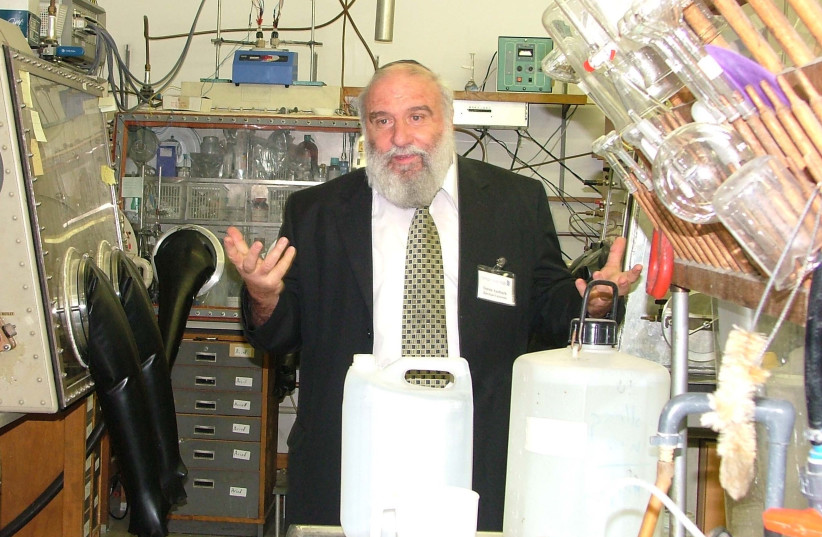Israel's Energy Ministry has chosen Bar-Ilan University and the Technion-Israel Institute of Technology to establish a new national research institute for energy storage, the Energy Ministry announced Tuesday.
This new institute will be led by a joint steering committee, itself headed by Energy Ministry chief scientist Dr. Gideon Friedman. Meanwhile, Bar-Ilan University Energy and Sustainability Center scientific director Prof. Doron Aurbach and Grand Technion Energy Program (GTEP) director Prof. Yoed Tsur will head the new institute.
This new energy storage research institute will be given a five-year budget of around NIS 130 million, NIS 100 million of which will come from the Energy Ministry and the other NIS 30 million will come from Bar-Ilan and the Technion.
What is the goal of the new Israeli energy storage research institute?
The institute's goal is to push Israel's energy sector to work in response to national strategic energy challenges, as well as to train future experts in the field and give the industrial sector some new innovative technology made by experts in academia.
In particular, the institute will help work towards reaching Israel's goal of zero greenhouse gas emissions by 2050 – a goal established in light of the ongoing climate crisis. This will require a full transition to renwwable energy sources, such as solar energy and wind turbines.

Since neither solar energy nor wind turbines have a steady output of energy, it is imperative to develop new ways of storing energy in large quantities.
Some of the areas the institute will be researching include:
- Improving fuel cell performance
- Efficiently producing green hydrogen and finding a way to safely and conveniently store it
- Solid-state batteries that are safer and free of liquids
- Flow batteries with a large storage capacity
- Novel cables that can better convey electrical energy and that boast a very high power density
- Metal-air-based batteries like iron and zinc with high energy density
- Sodium-ion batteries that are cheaper and more abundant than lithium-ion batteries
"The field of large-scale energy storage is one of the most important challenges for the strong integration of renewable energies."
Dr. Gideon Friedman
"The field of large-scale energy storage is one of the most important challenges for the strong integration of renewable energies," Friedman said in a statement.
"The new energy institute will enable Israel to become a leader in the field, in continuation of the ministry's additional efforts in the field of storage. For the first time, an institute is being established that will be led by a steering committee comprised of a combination of members of academia, industry and government."
